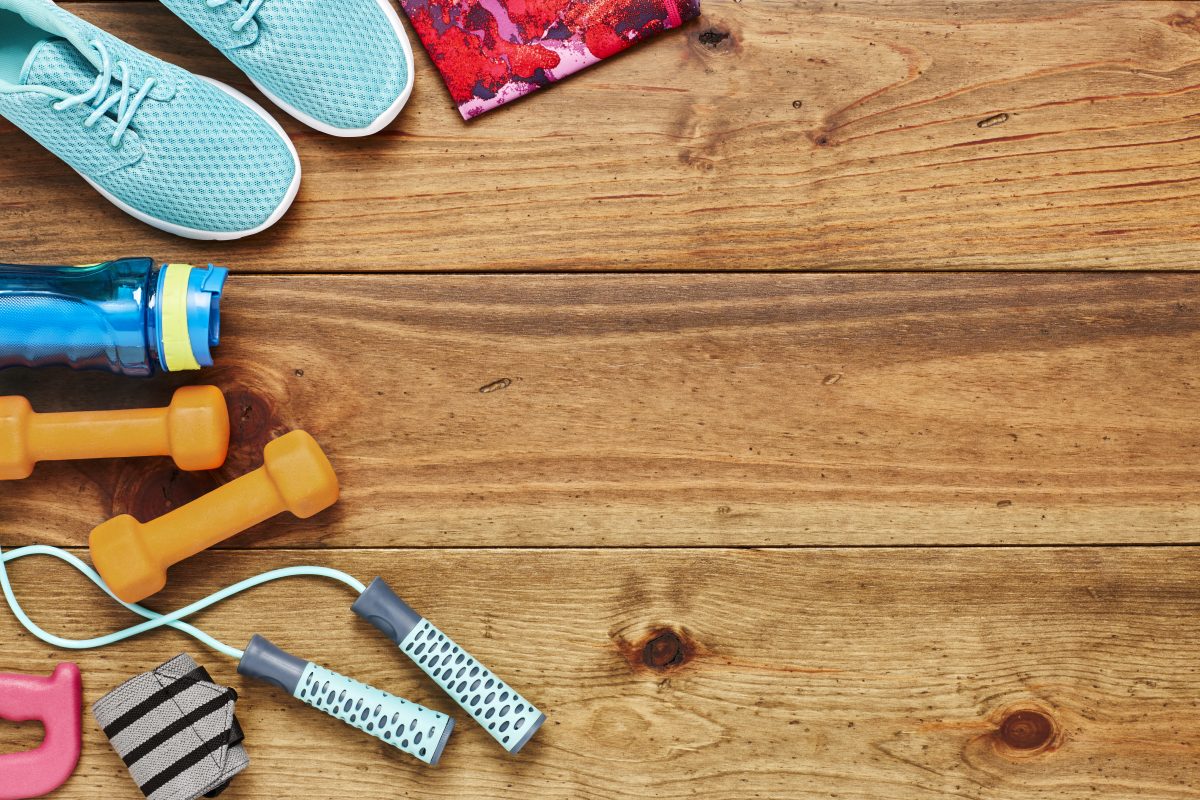Exercise does good things for your body, but sometimes your body reacts in curious ways.
Fifteen minutes into a yoga session you start yawning. Halfway through your run your legs get so itchy you stop for a good long scratch. In the middle of a high intensity Zumba class, you feel a building bloat in your gut and your focus shifts.
What is going on here?
1. Yawning
You’re not tired. You’re not bored. You’re at the gym so you should feel energized. Yet here you are trying unsuccessfully to stifle one yawn after another.
Why it happens
Nobody has a definite answer, but a leading theory is that as you exercise and your body temperature starts to rise, yawning is your brain’s way to help you cool off.
Yawning increases the amount of blood traveling to your brain, and the extra air may lower the temperature of that blood.
Yawning also raises blood pressure and heart rate, so workout yawns could be your way of preparing for a physical challenge.
Can you prevent it?
Probably not, and there’s no reason to worry or adjust your exercise habits. If you feel that you are getting enough sleep, you may want to use a fitness tracker to monitor the quality of your sleep, and take steps to improve it if necessary.
2. Gas
Yes, everyone has it, but we’d all prefer to avoid having it around others if possible. Still, any gym-goer can attest to the reality of having gas during a workout.
Why it happens
There are a number of ways that gas forms or escapes during exercise:
- Jumping and moving around can speed up digestion
- Slow, deliberate moves (weight training, Pilates) put a squeeze on your core, and also on your colon, and
- Then there’s all that deep breathing — you may be swallowing air that can get trapped in the digestive tract.
Can you prevent it?
- Lower your risk by avoiding foods that are more prone to give you gas, such as cauliflower or beans, before your workout
- Stay away from carbonated beverages, and
- During exercise, try to breathe in through your nose to avoid swallowing air.
3. Runny nose
Going out for a run (and many other activities) leads to your nose running, too.
Why it happens
Exercise-induced rhinitis is extremely common, especially in colder weather. As you breathe through your nose, the air dries out the mucous membranes, and the body responds by pumping out more.
Can you prevent it?
A good supply of tissues in your pocket or gym bag should help you manage the problem, but if it doesn’t, ask your doctor about using a nasal spray.
4. Itchy skin
You’re back to exercising after a break, pushing yourself to make up for lost time, until you feel an overwhelming case of the itches hit your legs or arms or chest.
Why it happens
You succeed in getting your blood pumping, and it starts moving through millions of little capillaries and arteries to your muscles. As the capillaries expand, the nerves around them react, and your brain interprets those stimulated nerves as itchiness.
Can you prevent it?
Yes! Keep exercising. The sensation occurs because the capillaries collapse after long periods of inactivity. By staying active, they will stay open to provide maximum blood flow. (If you are a regular exerciser but still experience itchiness, it might be due to dry skin.)
5. Numb toes
You hop on the treadmill or the elliptical, ready to spend the next 45 minutes on a virtual walk, run or climb; Halfway through, your toes start to tingle and then go numb.
Why it happens
Your feet swell when you exercise and press against your sneakers. On a treadmill or elliptical, you have a small range of motion, so your swollen feet keep hitting the inside of your footwear.
Can you prevent it?
First, be sure to get the right size and style shoe for your foot. You may need to go up in size from your everyday shoes, and will need to take into consideration the arch of your foot and your stride. Also, consider adjusting your laces after you start exercising if they feel too tight or loose for comfort.
In some cases, numbness may indicate a pinched nerve or other problem. If the feeling continues or becomes painful, see a doctor.
Get more information about specific health terms, topics and conditions to better manage your health on bcbst.com. BlueCross BlueShield of Tennessee members can access wellness-related discounts on fitness products, gym memberships, healthy eating and more through Blue365®. BCBST members can also find tools and resources to help improve health and well-being by logging into BlueAccess and going to the Managing Your Health tab.



WellTuned provides inspiration and practical advice for healthy living.
WellTuned does not offer medical advice. Any personal health questions should be addressed to your doctor.